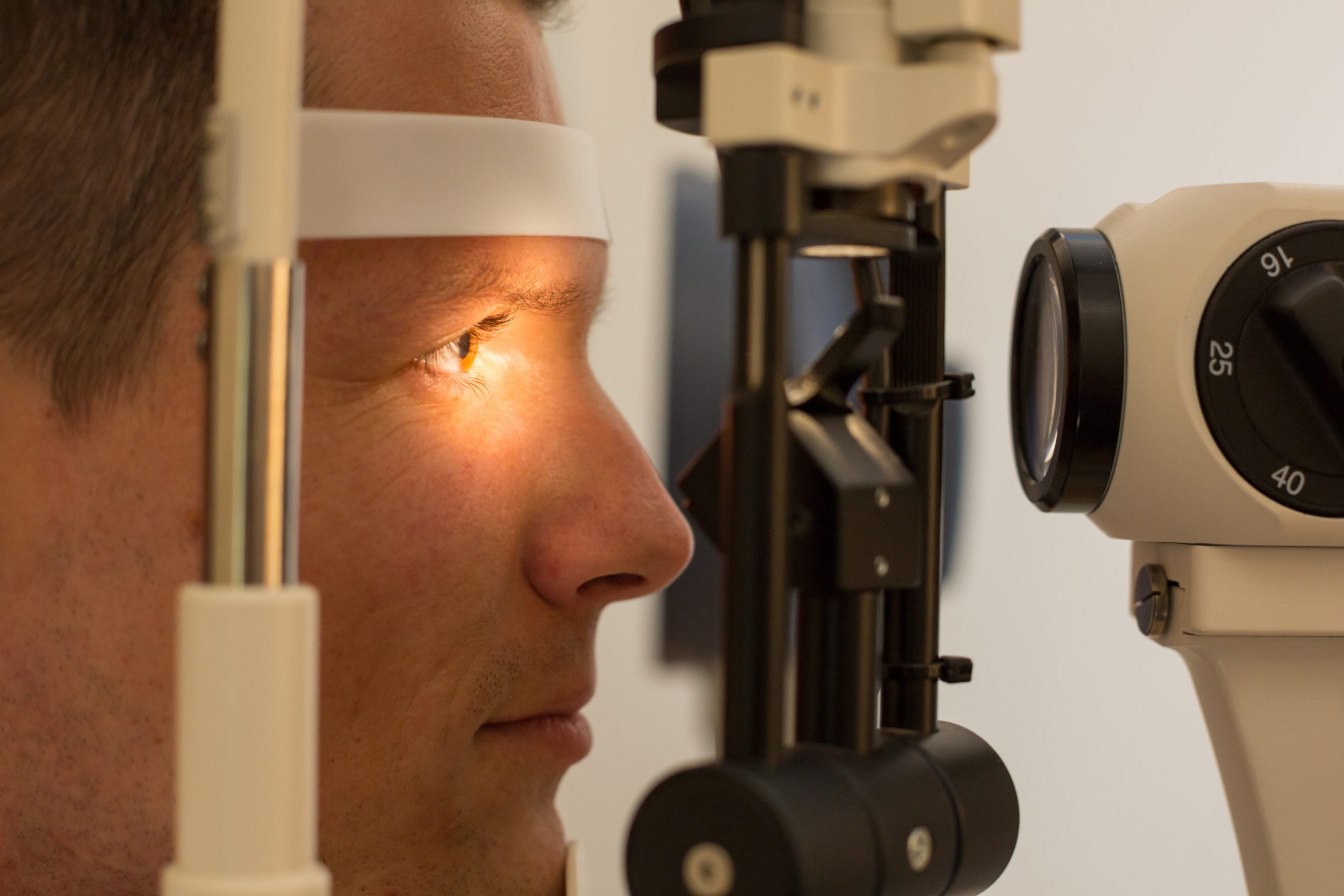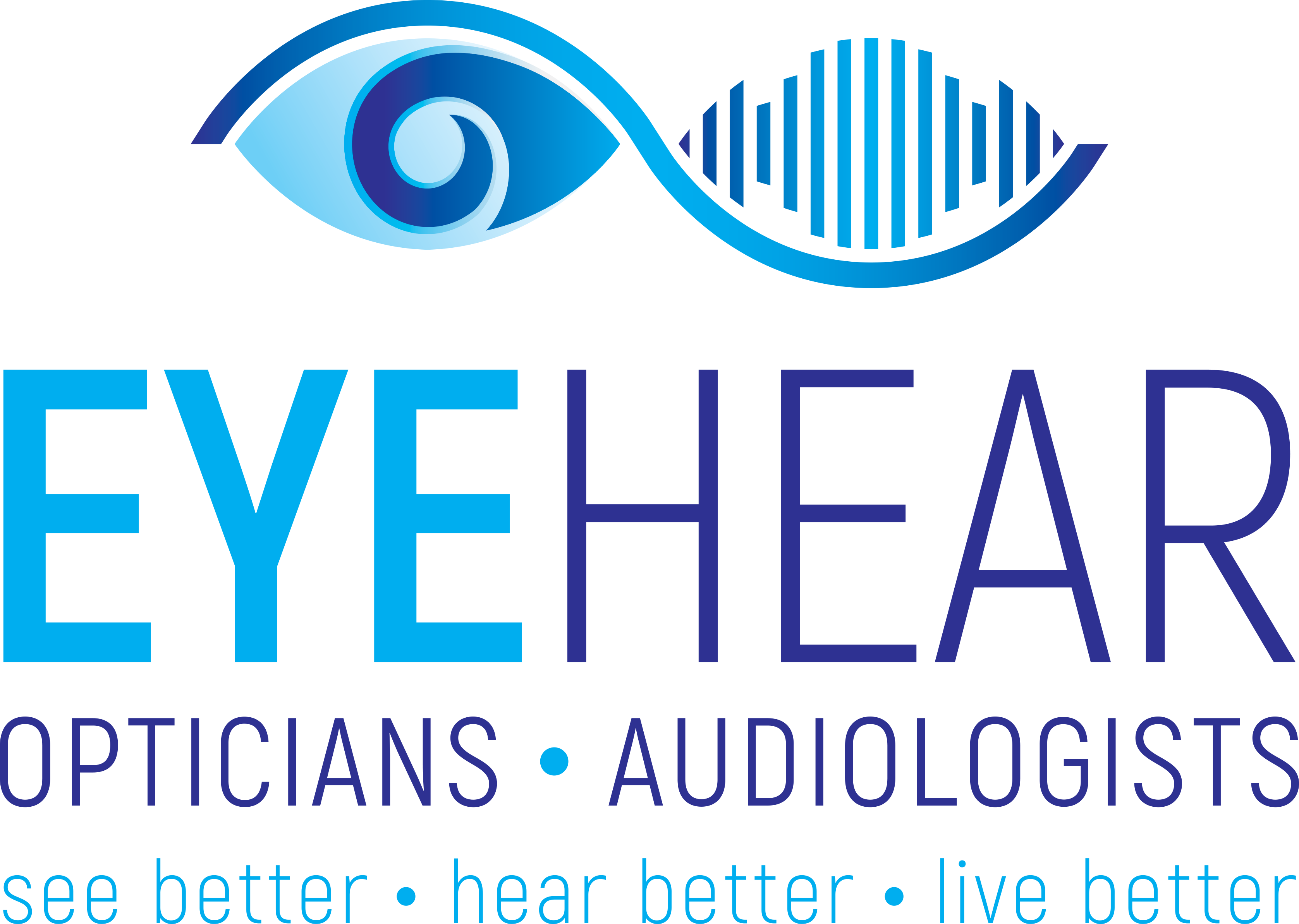Eye Examinations
We rely on our sight in all aspects of daily life, therefore an examination is essential to monitor eye health and maintain the best vision possible. We strive to provide the most thorough eye examinations to give you the best possible vision so you have full confidence in our findings and recommendations.
Our eye examinations do much more than just test your vision, your eyes offer a glimpse of your overall health. Many diseases show early signs in your eyes, including diabetes and cardiovascular health. For instance, conditions such as high blood pressure and high cholesterol can all be discovered during a routine eye examination.
Following on from your eye examination, our optometrist will advise you of your own individual and specific requirements. Looking after your eyesight for the future is important, book an appointment with us and protect your vision today.
Whilst ensuring that your vision is as perfect as possible, our eye tests also help protect you against many eye conditions that are often symptomless. Not only can regular eye tests detect common eye problems, they can detect other conditions that affect the rest of the body.
Your optometrist is now the first place for you to visit for all eye conditions, please book an emergency appointment here if you are experiencing discomfort, pain or any eyesight issues.
What to expect during your eye examination?
Your Eye Examination will include:
- Comprehensive eye and medical history consideration
- Anterior eye and cornea examination
- Eye coordination and muscle balance test
- Refractive test: long sighted, short sighted or astigmatism
- Slit lamp exam to detect diseases & assess the retina, optic nerve and blood vessels
- Measure eye pressure
- Retinal Photography
- Dilation of the pupils where required
- Peripheral & central vision field evaluation (if required)

HOW OFTEN DO YOU REQUIRE AN EYE TEST?
It is important that everyone should have an eye examination every 2 years but if you fall under certain categories, we recommend more regular check-ups if you are:
- Over 70’s
- Diabetic
- Glaucoma or Family History of Glaucoma
- Under 16’s
If the Optometrist deems it necessary to be seen more frequently they will let you know the reasons behind this decision during the sight test
Remember your optician is your first port of call for any eye complaint you are having.
Regular eye examinations are fundamental to the care of your eyes, this allows for early detection of cataracts, diabetes, glaucoma and macular degeneration whilst maintaining the best health possible for your eyes.
HOW OFTEN DO YOU REQUIRE AN EYE TEST?
You’re entitled to a free NHS sight test if you:
- Are aged 60 or over
- Are a diagnosed glaucoma patient, or considered to be at risk of glaucoma (according to an ophthalmologist)
- Aged 40 or over and with a parent, brother, sister, son or daughter diagnosed with glaucoma
- Are diagnosed as diabetic
- Are registered blind or partially sighted
- Are eligible for an HS Complex Lens Voucher
- Receive, or your partner receives, Pension Credit Guarantee Credit (the ‘guarantee credit element’)
- Are on Income Support, or Income-based Jobseeker’s Allowance, or Income Based Employment and Support Allowance
- Have a valid HS tax credit exemption certificate
- Have made an HS Low Income scheme claim and have a valid HS exemption certificate (HC2 or HC3)
- Are a war pensioner and need the sight test because of a disability for which you get a war pension
